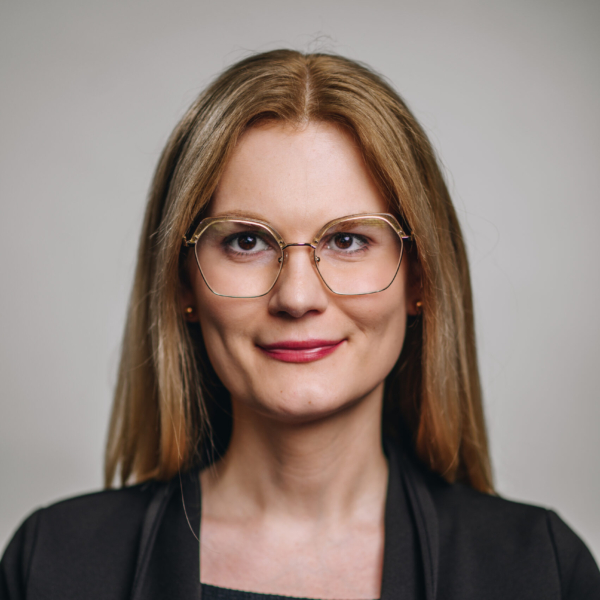Mezinárodní projekty

Michal Strnad: Ethno-regionalist movements in the contemporary EU
This post-doc project investigates ethno-regionalist movements in the European Union, i.e. civil society organisations that seek greater regional self-government and the protection of regional territory and community. It maps their objectives, internal structures, and communication strategies using an interdisciplinary and mixed-methods approach. Findings will inform public engagement and policy-making on the regional, national, and EU level.
Marie Skłodowska-Curie Actions Postdoctoral Fellowship (MSCA PF) I Ing. Michal Strnad, Ph.D. I 2025-2028

Zuzana Křečková Kroupová: Enhancing evidence-based approach in business-oriented courses
Promoting quality education through evidence based blended-learning teaching of international business/management oriented courses, resulting in reducing bias (nationality, ethnicity, gender,…) in decision making within international environment. Outputs and effects: International business oriented courses assessed and developed with evidence-based blended-learning perspective. Increasing VŠE internationalisation via active participation in Consortium.
Erasmus+ I doc. Zuzana Křečková Kroupová I 2024-2027

Ing. Mgr. Tomáš Sadílek, Ph.D: Circular solutions for keeping food waste out of Central Europe´s schools (CIRCUS)
Food waste has negative social, environmental, and economical impacts. It is estimated that about 20% of all food produced is wasted in the EU every year – and school canteens even throw away up to 70% of their prepared meals. The foodCIRCUS project works with schools to minimize this food waste. It promotes food waste prevention, and explores innovative circular methods like repurposing waste for insect feeding or generating lactic acid for bioplastics. Their approaches have the potential to revolutionise waste management in schools to make them more sustainable.
Interreg I Ing. Veronika Mokrejšová, Ph.D I 2024-2026

Jeremy Garlick: European Hub for Contemporary China
As China solidifies its global influence, the EU faces a critical challenge in comprehending its complexities. The EU acknowledges that the fragmented expertise on contemporary China at the European level hinders effective policymaking. With this in mind, the EU-funded EuroHub4Sino project aims to address the need for a cohesive approach. The project’s four-pronged strategy includes a cutting-edge digital platform, supporting independent knowledge production on contemporary China as well as ensuring accessible knowledge dissemination. An inclusive network fosters collaboration, maximising the platform’s utility for researchers, businesses, and civil society. This innovative project not only breaks down informational silos, but it also envisions a sustainable future through a pioneering business model. EuroHub4Sino strives to empower Europe with an authentic understanding of China’s multifaceted landscape.
Horizon Europe I doc. Jeremy Garlick I 2023-2026
Project website: https://eh4s.eu/

Kamila Matysová: Supporting mental health in organisation: developing future business leaders
Visegrad Fund I Mgr. Ing. Kamila Matysová, Ph.D. I 2023-2024

Eva Křenková: GVCs in Central Europe - a respective of automotive sector after COVID - 19
Visegrad Fund I Ing. Eva Křenková, Ph.D. I 2021-2022

Jana Vlčková, Josef Bič: Effects of Industry 4.0 on FDI in the Visegrád countries
The aim of the project was to evaluate the current benefits of the inflow of foreign direct investment (FDI) into the Central European region and subsequently identify the challenges related to attracting or retaining FDI that are relevant for the continued successful economic development of these countries. This is a comparative perspective intended to provide recommendations for future economic policy focused on FDI, ensuring that such investments align with current technological trends (Industry 4.0).
Visegrad Fund I doc. Mgr. Jana Vlčková, Ph.D., Ing Josef Bič, Ph.D. I 2020-2020